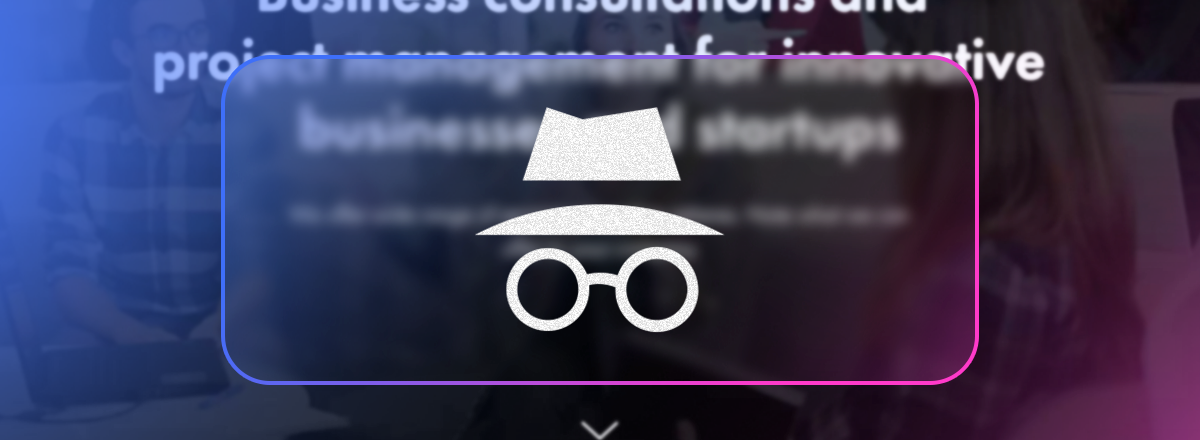As part of another lawsuit against Google, the topic of the almost uncontrolled collection of user data by the company and its services was raised again. Incognito mode, which is built into many modern browsers, cannot provide the level of protection it promises.
Google lawyers practically do not get out of the halls of American courts. Last Friday, Judge of the US District Court for the Northern District of California, Lucy Koh, launched a class action lawsuit against Google. The search giant is accused of secretly collecting user data even when they use a private Incognito mode in the Google Chrome browser, and thus illegally invading the privacy of millions of users. The judge expressed her outrage that the browser's private mode and called it nothing more than a ruse and deception.

The lawsuit was filed in court by three users back in June last year. They asked for $5,000 in compensation for each user of Chrome's private mode, claiming that Google has a "pervasive data tracking business" and continues to track users' actions even if they enable additional privacy-protecting features, for example, when they turn on private or Incognito mode in browsers. Since there are millions of such victims, the company must pay $5 billion in compensation in total.
The plaintiffs claimed that the corporation collected data through Google Analytics, Google Ad Manager, and other applications and plugins even in Incognito mode. They claimed that this way, Google will be able to find out a lot about hobbies, friends, habits, favorite products, and even intimate preferences of users.

The company sought to dismiss the case, but US District Judge Lucy Koh refused to do so and wrote in her ruling that Google "did not notify users that Google engages in the alleged data collection while the user is in private browsing mode."
The company said in court "that ‘Incognito’ does not mean ‘invisible,’ and that the user’s activity during that session may be visible to websites they visit, and any third-party analytics or ads services the visited websites use."
Google spokesman José Castañeda said the company would vigorously defend its position in court. He added that Chrome's Incognito mode gives users the ability to browse the web without saving their activity to the browser or devices. "As we clearly state each time you open a new incognito tab, websites might be able to collect information about your browsing activity during your session," he said.
Moreover, Google insists that the plaintiffs agreed to the company's privacy policy, which explicitly states about data collection.
Google previously said it would be phasing out tracking technologies following the disabling of third-party cookies, which is expected to happen within two years.


















